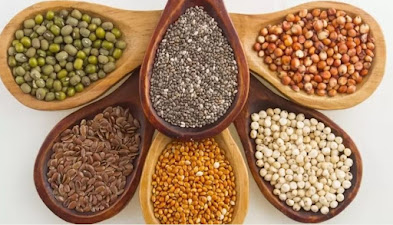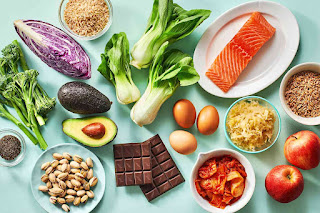Finding Your Optimal Protein Intake and How to Achieve It

When you think of protein, you might imagine a bodybuilder with a post-workout shake or an athlete with a plate full of chicken and nuts. Protein, however, is vital for everyone, not just fitness enthusiasts. Protein is essential for building and repairing muscles, which helps fuel our metabolism and keep us strong. Along with carbohydrates and fats, it forms the foundation of a balanced diet. Determining Your Daily Protein Requirements Protein needs are not a one-size-fits-all figure and can vary significantly from person to person. The general guideline is to consume 0.8 to 1 gram of protein per kilogram of body weight daily. How to calculate your protein needs: Convert your weight from pounds to kilograms (divide your weight in pounds by 2.205). Multiply your weight in kilograms by 0.8 to find the minimum grams of protein you should consume daily. For example, if you weigh 170 pounds, that’s about 77 kilograms. Multiplying 77 by 0.8 gives you 61.6 grams of protein per day. A more pe...



